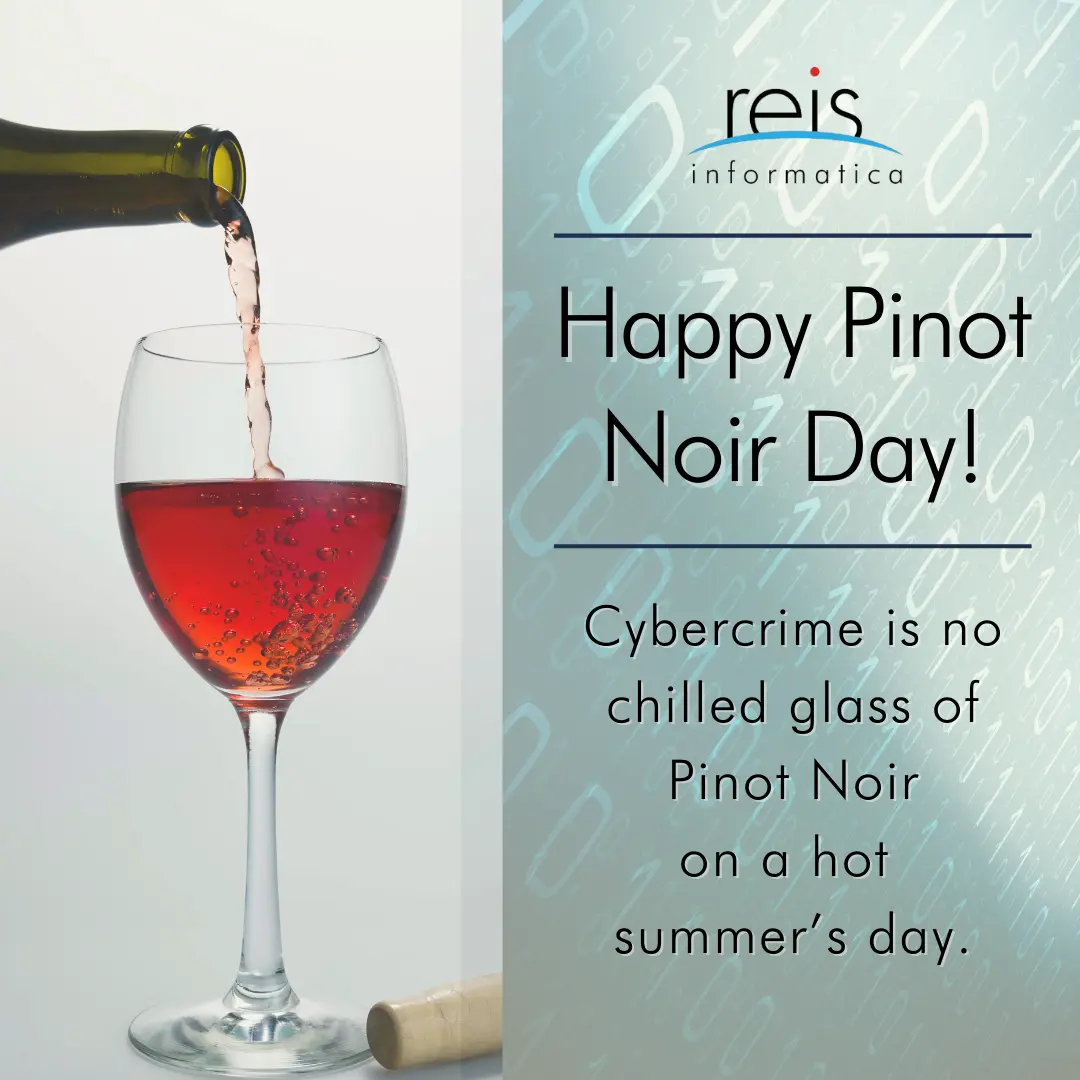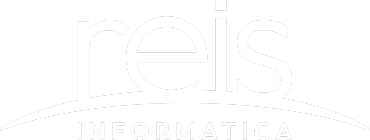Happy Pinot Noir Day! In celebration, we are covering everything you need to know about how the wine industry relates to cybersecurity and the potential risks you should look out for!
According to the report, more people and businesses started organizing virtual parties and ordering wine online during the height of the pandemic. This increased the possibility of online wine fraud.

Findings from a US-based organization called Recorded Future in collaboration with Area 1 Security were released in April 2021, and they indicated that so-called “phishing emails” were a particular worry.
The authors discovered a noticeable increase in reputable registrations of wine-themed web domains from January 2020 onward utilizing names like Merlot, Pinot, Chardonnay, or Vino.
Monthly registrations began rising in February and peaked in May 2020, hitting 12,400 per month.
They then hovered at around 7,000 to 9,500 per month up to March 2021, which is two to three times above pre-pandemic levels, according to the report’s data.
Tracking malicious wine-themed domains as a percentage of total wine domains registered shows that the highest percentage of total wine-themed domains was in June 2020 at 7%.’
Since then, that figure has been around 3% to 5%. While that’s quite low compared to some other sectors, the authors said their data shows that growing interest in wine online has not escaped the notice of scammers.
“The majority of activity we saw over the last year revolved around spam campaigns,” Allan Liska, security architect at Recorded Future, mentioned.
“They appear primarily designed to get victims to click on websites for ad revenue purposes or to buy questionable wine-related products. There also seems to be an interest in harvesting email addresses and other personal information. This data is collected and often sold on underground forums (often referred to as the Dark Web).”
He also added that some scammers were targeting company employees.
The most serious threat that accounted for about 13.5% of the email campaigns observed, is Business Email Compromise. The emails in this situation are designed to trick victims into wiring funds to the attacker under the guise of a business purpose.
These could be as simple as, “You need to pay this invoice for the wine your boss ordered”, to more complex attacks that purport to come from the CEO or other senior management.
The report mostly looked at threats to companies but lovers were still at risk. Allan advises checking domain names, email addresses and content carefully.
Whether your business is big or small, the impacts of a cyber-attack on your business could be significant. These include direct financial impacts, loss of access to systems and information, compromised customer data information such as credit cards and contact details, identity theft, and the likelihood that your business will be forced to cease operations for a lengthy period.
For all you winos check out this cool podcast we came across, “Between the Wines”, where they “wine” about cybersecurity while sipping on their favourite beverage.
Does your company need help with their cybersecurity? Schedule your complimentary summer business systems assessment with one of our experienced technicians today!
Source:
https://www.decanter.com/wine-news/cyber-security-experts-warn-over-online-wine-scams-457647/
https://www.youtube.com/c/Ecsfederal

